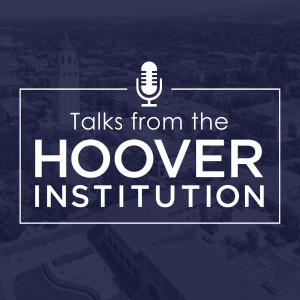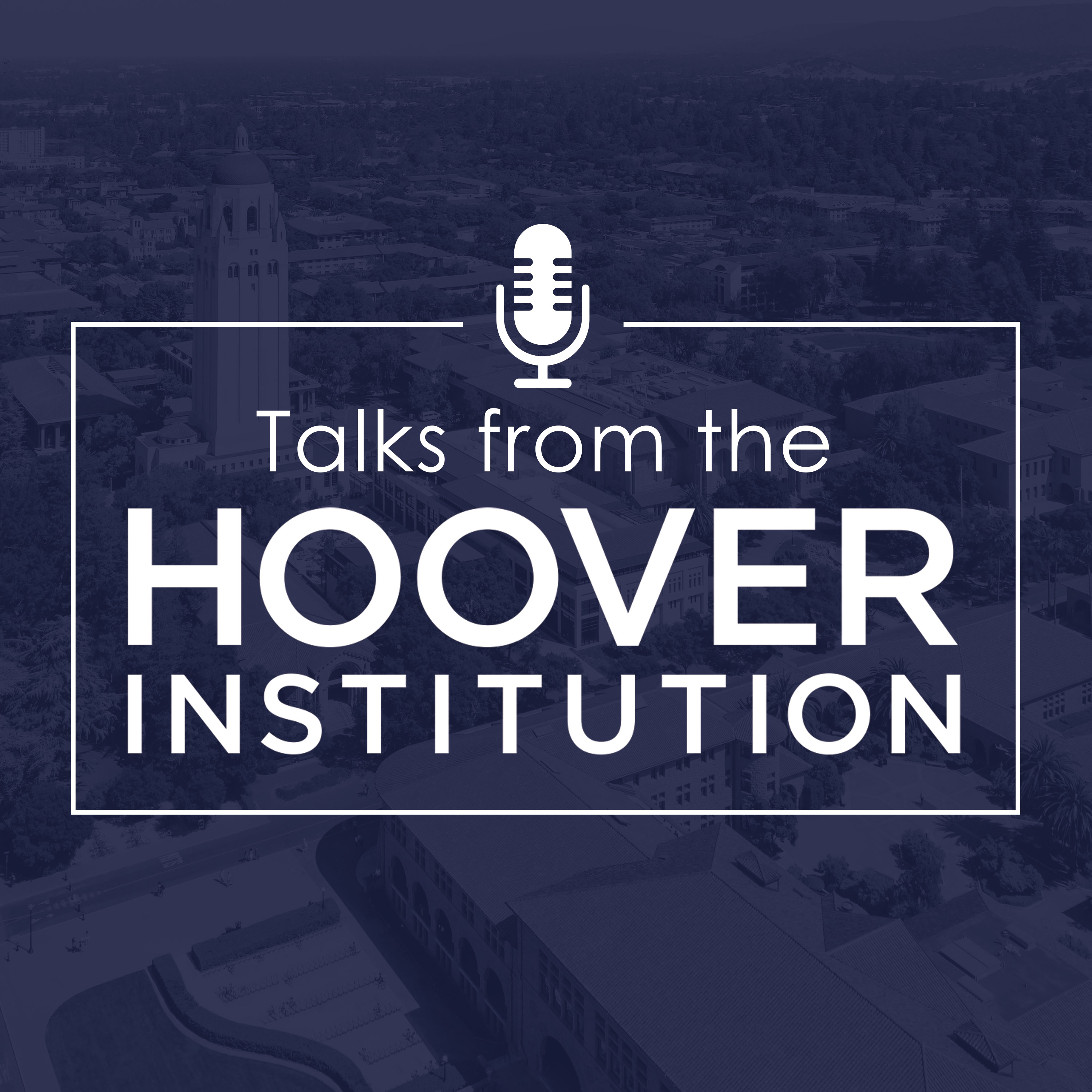Episodes

Wednesday Nov 01, 2023
Wednesday Nov 01, 2023
Monday, October 30, 2023
Hoover Institution | Stanford University
A Hoover History Working Group Seminar with Matthew Lowenstein.
The history of the rise and decline of horse populations provide a framework to understand how humans could initially benefit from AI, only to become obsolete later on, challenging optimistic forecasts about AI's impact. The paper is divided into three main sections: 1) introduction, including a brief summary of the premises of the horse analogy, 2) an account of human and horse interaction over approximately 6,000 years, highlighting how technological advancement led to a rise in horse populations, followed by collapse, and 3) a theoretical exploration of AI existential risk, using the eventual collapse in horse populations as a proof of concept.
By drawing parallels between the human domestication of horses and a potential future dominated by Artificial Superintelligence (ASI), the paper shows specifically why neither Ricardian trade nor competition amongst different ASIs are likely to protect humans from existential calamity. The paper encourages a critical approach to future AI-human dynamics, drawing upon lessons from past human-animal relations. Though the analogy has limitations, it provides insights into any scenario where a more intelligent agent significantly impacts a less intelligent one.
ABOUT THE SPEAKER
Matthew Lowenstein is a Hoover Fellow at the Hoover Institution, Stanford University. He studies the economic history of modern China from the late imperial period to the early People’s Republic. His dissertation, which he is currently turning into a book, is a study of northern China’s indigenous financial system from the late Qing to the early Republican period (ca. 1820–1911). Other interests include the history of traditional Chinese accounting, the political economy of warlordism, and the history of central economic planning.
Lowenstein received his PhD in history from the University of Chicago and an MBA from Columbia Business School. Lowenstein previously worked as a securities analyst in Beijing and New York covering the Chinese financial sector. His nonacademic works have appeared in the Diplomat and Foreign Policy.

